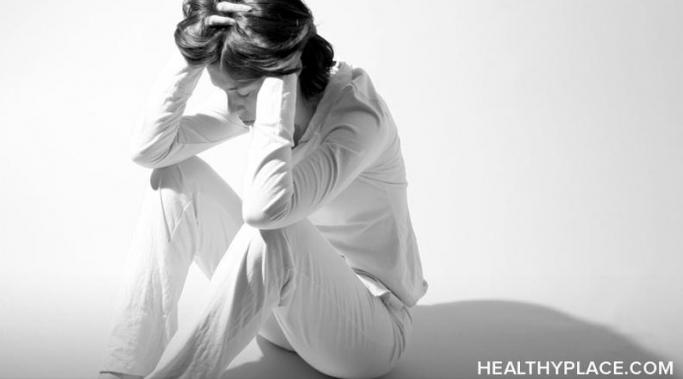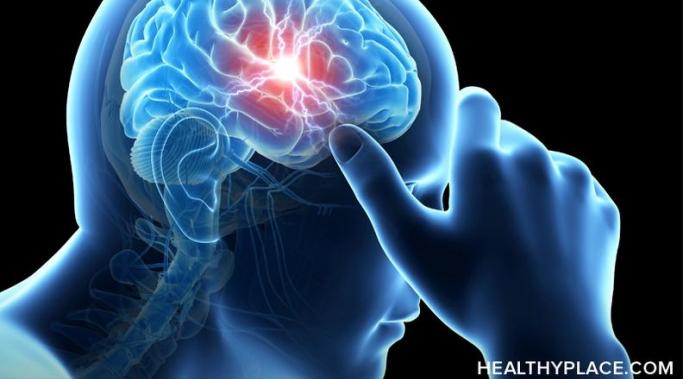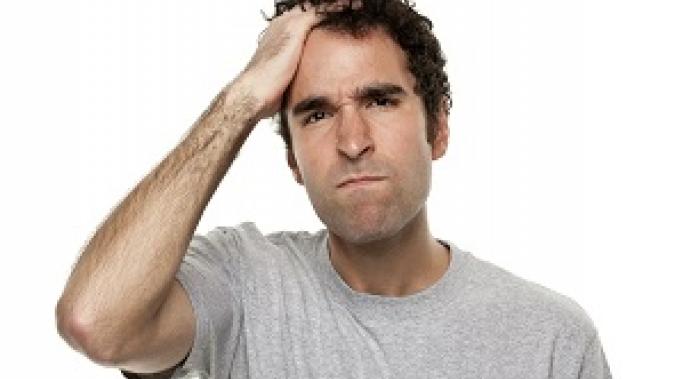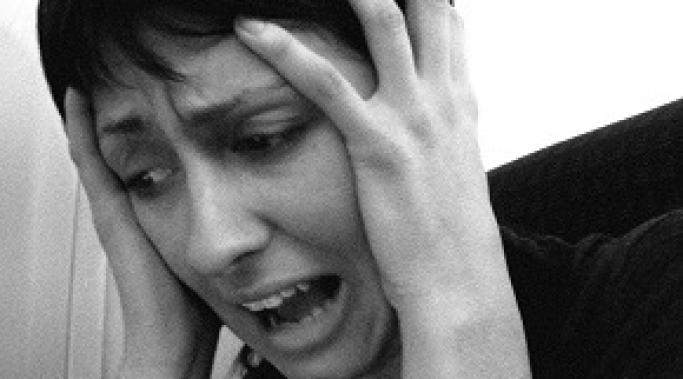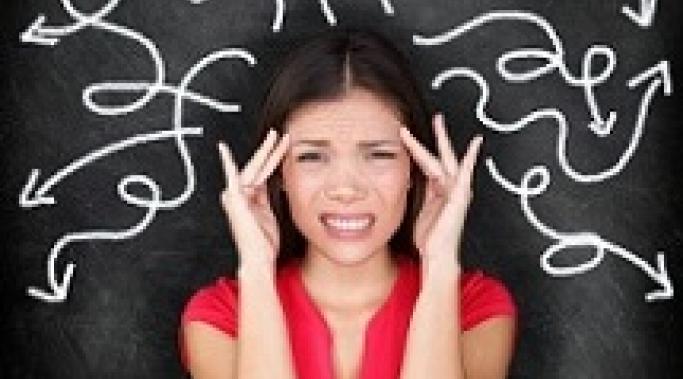Social anxiety rarely works alone. Mind-reading and projecting, two negative thoughts that manipulate your mind, contribute to social anxiety, feeding it and super-sizing it. Social anxiety can be exhausting because of the chatter of racing thoughts going on inside the head. Someone with social anxiety takes in what's going on around him while simultaneously listening to harsh internal dialogue berating him and telling him he's worthless and that everyone else thinks so, too. Social anxiety can be a monster, and mind-reading and projecting are among its minions.
Anxiety Causes
Does caffeine affect anxiety? Studies continue on the notion of the side-effects of caffeine and whether or not they include anxiety, and at this point, there isn't a definitive answer. Some studies indicate that, yes, caffeine does impact anxiety; indeed, the Diagnostic and Statistical Manual of Mental Disorders, Fifth Edition (DSM-5), the authority on mental disorders published by the American Psychological Association, acknowledges the existence of caffeine-induced anxiety disorders. Other studies fall short of proving a real link between caffeine and anxiety. The question that matters most is this: what are the effects of caffeine on your anxiety?
Social anxiety, jumping to conclusions, and peace of mind: which one of the phrases doesn't seem to fit with the others? In this particular set of words, three's a crowd, and it seems that peace of mind doesn't fit. Social anxiety and jumping to conclusions often go hand-in-hand, each make the other worse until a person's brain is chaotic and swirling with anxious thoughts, fears, and worries. No wonder peace of mind doesn't naturally fit. There's no room. When jumping to conclusions is removed, there's plenty of room for peace of mind even when social anxiety remains.
Intense anxiety can seem to take over mind and body, and when you're a highly sensitive person, it can feel crushing. Each of the two states can be obnoxious on its own; combine living with intense anxiety and being a highly sensitive person, and it sometimes seems like there's no place to go where you don't feel wired, hyper-alert, overstimulated, and like a complete wreck (Why Does Anxiety Disorder Make You So Tired?).
You're not a complete wreck. Intense anxiety and being a highly sensitive person can make you feel that way, though.
I once heard an exasperated man lament, "My depression treatment makes my anxiety worse!" He's not alone in this frustration, and neither are you if you've found that treating depression worsens your anxiety.
Many people living with panic disorder wonder, "Why am I panicking?" Panic attacks can be frightening and frustrating and emotionally and physically painful; it makes sense to want relief from and help with panic attacks. After all, the symptoms of panic disorder are awful to live with. Even worse, sometimes it can seem like there's no reason for them, no explanation at all. When they continue to strike, seemingly out of the blue, it's normal to bemoan, "Why am I panicking?" Believe it or not, there can be multiple hidden trauma triggers and other reasons for panic attacks.
The start of a new school year brings many things, including school anxiety and stress. Statistics on school and mental health compiled by Youth.gov indicate that almost half of all American children meet the criteria for a mental health disorder, and among those kids, anxiety is the most common. School anxiety and stress are causing problems for many of our kids and adolescents.
Are you facing change that's increasing feelings of stress and anxiety? Anxiety can be related to adjustment disorder. We humans often dislike change; sometimes we even fear change. When change creates such stress that it interferes in the ability to fully function in life (work, school, interpersonal relationships, etc.), a diagnosis of adjustment disorder by a primary care physician, therapist, or other health care provider is sometimes in order. If you're facing change and experiencing difficulties, know that you're not alone. Anxiety can be related to adjustment disorder, and treating both anxiety and adjustment disorder is possible.
The causes or the effects of anxiety: which came first: the chicken or the egg? Anxiety has both causes and effects. It seems straightforward, but to those of us who have experienced it, it’s not always so clear which comes first, the causes or the effects of anxiety. It can be a frustrating chicken-and-egg conundrum.
Existential anxiety is an all-encompassing form of anxiety and stress that is present in a nagging way when we try to make meaning in life simply because, as humans, we exist. That’s a fun concept, isn’t it? We experience anxiety, stress, strife, worry, and even panic simply because we are alive. Being alive is certainly a wonderful thing, but existential anxiety can put a damper on it (this might be an understatement). Why does mere existence cause us dissonance and different kinds of stress, and can it go away? Can we make meaning in our lives despite this existential anxiety and stress?


